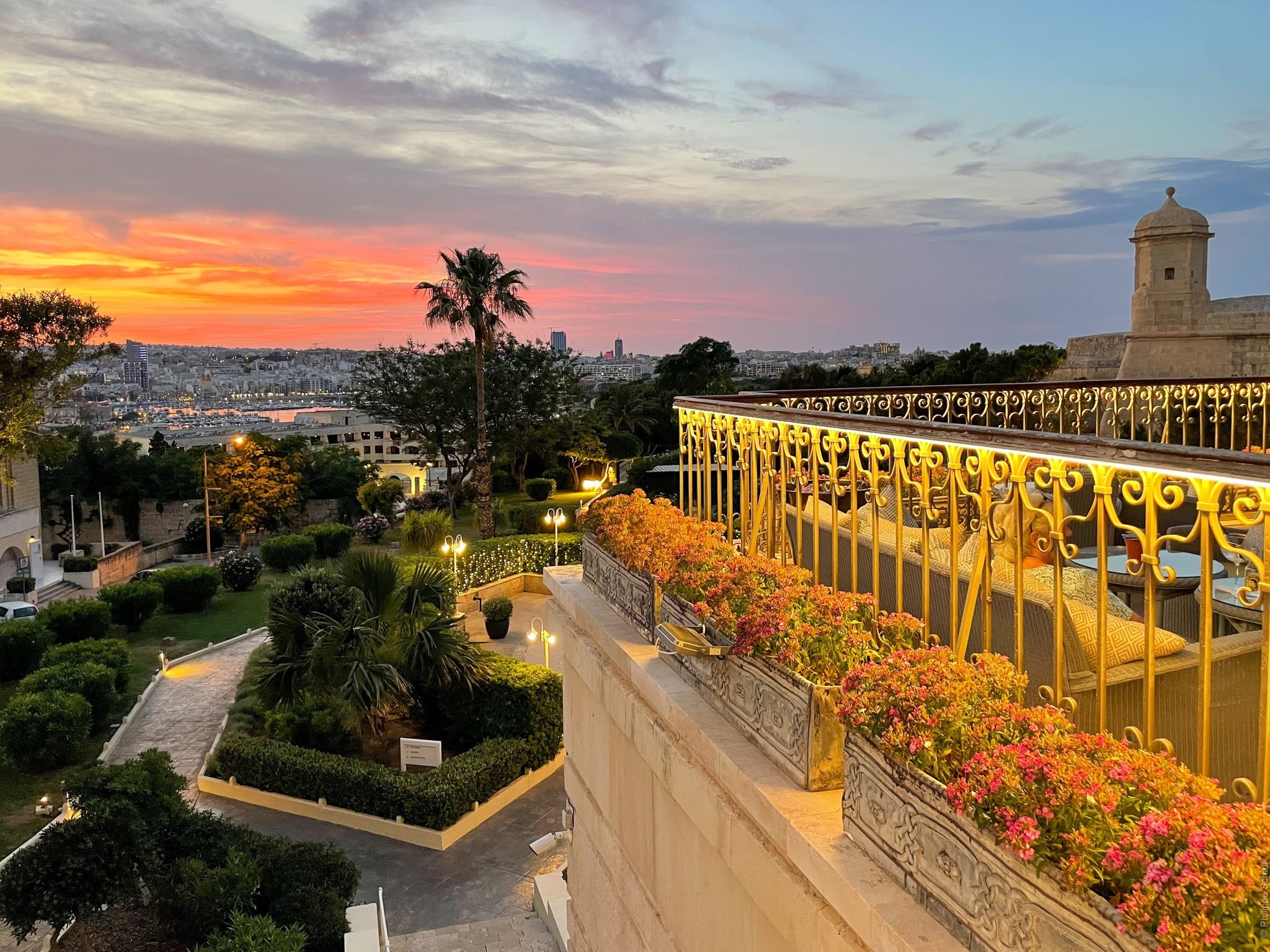The initial shocked response to the recently published tourism carrying capacity report has given way to a wide-ranging conversation about the options Malta has to confront the stark reality it put forward.
Commisioned by the Malta Hotels and Restaurants Association and conducted by Deloitte, the report serves as a birds’ eye view over the hospitality industry. It found that for hotels to remain at aound 80 per cent occupancy, as was the norm prior to the pandemic, Malta would need to attract 4.7 million tourists – an 80 per cent increase over the record-breaking numbers arriving throughout 2019.
With a national conversation taking place about the direction the hospitality industry and the wider tourism sector need to take to be sustainable in the long term, it is worth exploring a few ideas put forward.
The idea of a moratorium on new developments has been dismissed out of hand as being too interventionist and verging on the draconian, going against the free market principles that Malta has embraced and possibly stifling competition.
With that most extreme of possibilities off the table, what other tools might the Government have at hand?
- Stricter zoning for hotels
One idea could be to introduce stricter zoning rules for hotels, prohibiting their development in village cores and on virgin land, and largely limiting new projects to the replacement of existing ones.
- Incentives to guide investment into other areas
Many have acknowledged that part of the issue is the flush of cash obtained during the boom years, which led entrepreneurs to explore new avenues for investment. With tourist numbers rising rapidly, investing in new hospitality offerings seemed like a low risk / high reward way of utilising excess capital.
A new direction means that incentives will need to be offered to nudge investment into different areas. Specialised wine and food tourism, for example, typically attracts higher spending visitors, in line with overarching national priorities.
Another rising trend which has found success abroad is luxury caravanning or ‘glamping’, a niche that is as yet in its infancy in Malta.
While some may propose limiting new investment to the introduction of international brand names, extending Malta’s marketing reach to popular multinationals’ loyal customer base, this avenue poses the risk that the brand eclipses the elements that make Malta unique.
- Setting minimum criteria to obtain a permit
As to how Government can restrict the number of new hotels without imposing a blanket moratorium, a drive for higher standards could prove to be a disincentive for projects that do not improve the overall product.
This could include, for example, a stipulation that new accommodation is built and designed in line with traditional Maltese architectural principles, using limestone rather than cement, and including wooden balconies instead of aluminium ones.
Such a move would simultaneously make new projects more expensive as well as improve the overall envrironments tourists are welcomed to.
- Crack down on Airbnbs
The rise of Airbnb has resulted in nothing short of an explosion in the short-let market, with the influx of small investors capitalising on rising demand for authentic experiences putting significant upwards pressure on residential property prices.
Cities like Barcelona have hit back against this phenomenon, which many feel ‘guts’ the life of a city as fewer and fewer homes are actually used by residents. One way this clampdown has been effected is by limiting Airbnbs to blocks consisting solely of such accommodation. This hits two birds with one stone, as it restores life to city centres while making it easier for authorities to monitor the market, which tends to be rife with unlicensed offerings and underdeclaration of income.
- Cut down on ’empty calories’
Finally, it might be time to consider the collateral damage the growth of certain tourism segments is inflicting on others. Despite all the talk of improving Malta’s attraction for certain types of higher spending tourists, policy – and incentives – often seem be working at cross-purposes to this aim. Cruise liner passengers and language school students, particularly the teen segment, have an inordinate impact on the overall Malta experience for other visitors (not to mention residents), but spend far less than the average.
Cruise passengers are a boon to Valletta-based shops and restaurants, but otherwise offer little else to the Maltese economy. Meanwhile, teenage language students’ contribution to the local economy is certainly appreciated by Paceville’s bars and liquor importers, but when counterweighed with the costs incurred, this contribution may be doing more harm than good.
Hotels’ sustainability, then, can be improved by changing the type of tourists coming to our shores, even without an increae in raw numbers.
No easy way forward
Whatever Government does, it will be painful for certain operators. However, the cost of doing nothing could very well be far more painful for many more people, tied up as many hotels are in local financing from banks and the general public through bond issues. If nothing is done, the issue may continue to grow, and the comedown might be harder.
Featured Image:
Government introduces mandatory physical inspection for vintage vehicle classification
From 1st September 2025, vehicles seeking vintage status must undergo a physical inspection by the official classification committee
Local filmmakers paid just €250 to screen at Mediterrane Film
The figure stands in stark contrast to the estimated €5 million total spend
Malta International Airport closes in on one million passengers in June
Meanwhile, aircraft traffic movement rose by 4.5 per cent year on year






